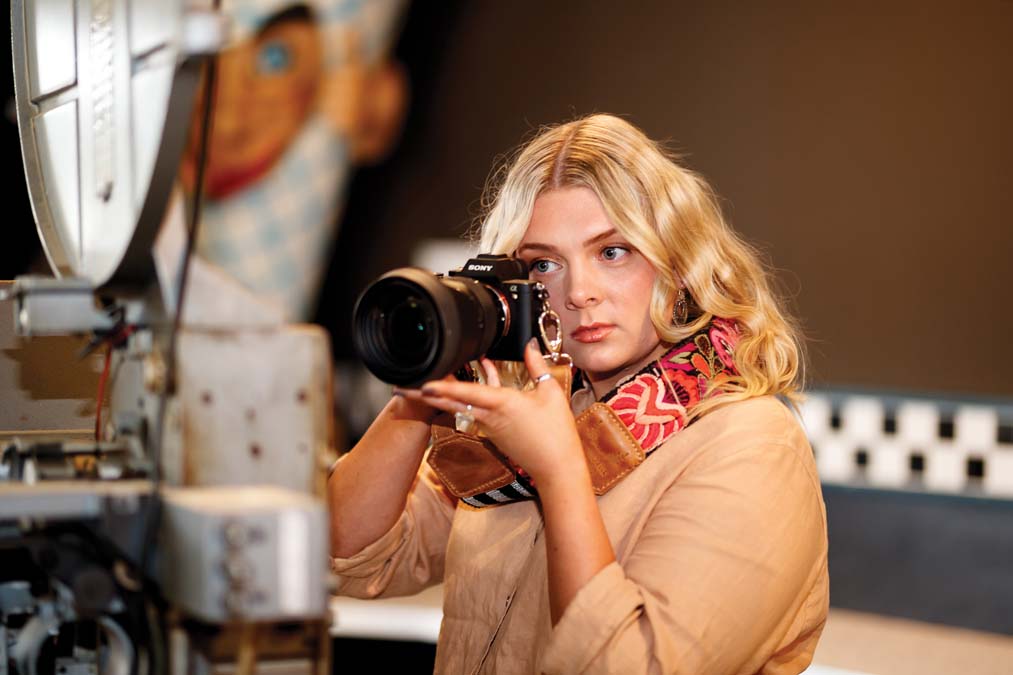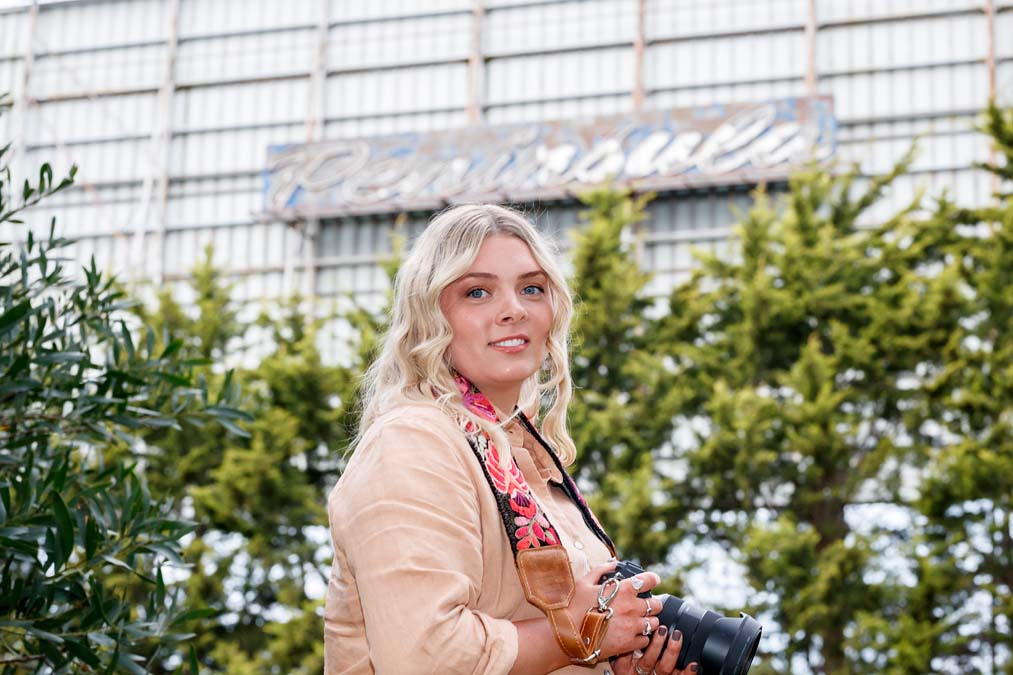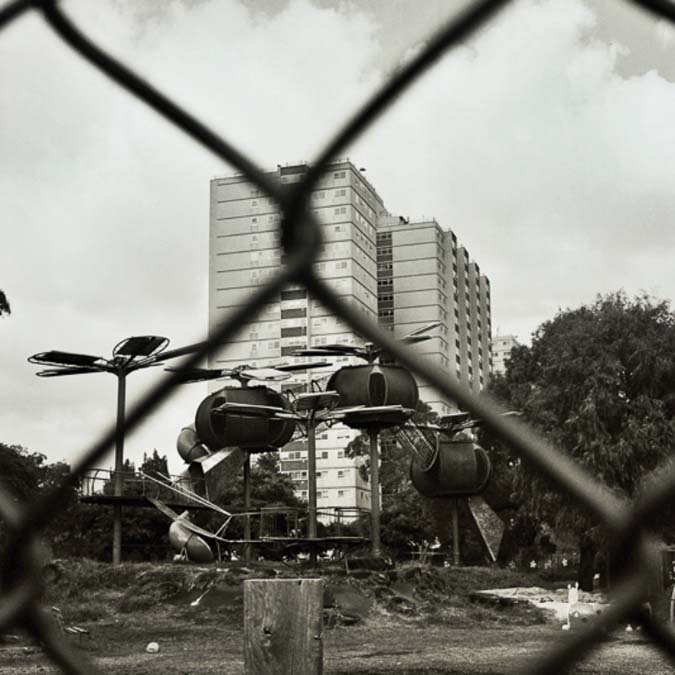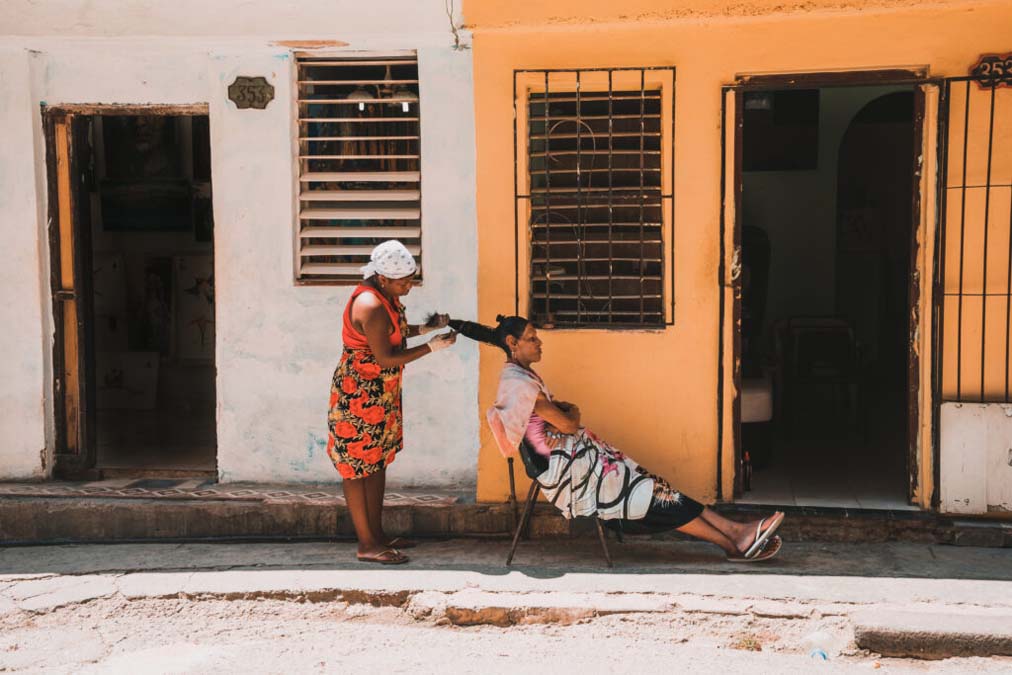
By Andrea Louise Thomas Photos Yanni
National Geographic magazine had a huge impact on Arthur’s Seat photographer, Karina Laird. As a child, she would pore over the images absorbing the exotic faces, places, exquisite detail and the impact of documentary photography. It influenced the way she looked at the world and the way she developed her own photographic style.
Part of the reason images resonated so much with Karina was because she grew up with dyslexia. Learning to read was challenging. She felt she could connect more with images. This influenced her style of learning, but also taught her to develop the photographic eye that is the underpinning of her current practice.
Growing up, Karina developed a profound appreciation of nature and the environment finding beauty all around her. She connected with the people and places unique to the Peninsula – always noticing the details that people often overlook.
Historical photography has had a big influence on Karina. She remembers spending many hours looking at the old photographs in her grandparents’ photo albums observing the way people dressed, socialised and how the world looked then – particularly Melbourne – compared with today.
Karina didn’t start studying photography until she was 20. Her parents didn’t think it was a practical career choice, but for her, the pull was irresistible. Her first camera was her grandfather’s 1975 Olympus OM2. She still has it. She loves the look of vintage cameras so when she bought her first camera, it was an Olympus OMD.
Karina studied at Holmesglen in Glen Waverly attaining a Certificate IV in Photography and Photo Imaging, followed by a Diploma in the same subject at Chisolm in Dandenong. The courses gave her the foundation to start her career.
In describing her style Karina says, “I look at photography in a documentary way. Although I know photography is an art form, I look at it more as documenting life. I try hard to take photos that are different, to capture the things that mostly go unnoticed.”
“Because of my interest in history, I want to document life today. I see beautiful photos from history and I want my photos to look like that in decades to come. I don’t just want to capture the clothing, buildings and cars, I want to show the feeling of the time we are living in,” she says.
Travel photography and street photography are her favourite genres. “There is no real limit to what you can do and where you can go now. I love textures, people and places. It suits my documentary style to photograph things just as they are without any manipulation. I like travel photography because what is mundane to locals is exotic to me,” she says.
She always wanted to travel to Cuba because she thought it was funky and different to the rest of the world – a crumbling time capsule. “Everything has been preserved, but it’s falling apart. It’s like going back to the 1950s. The cars are old, the paint is peeling off the buildings, but it’s vibrant and colourful,” she says.

Her upcoming exhibition at the Frankston Arts Centre, ‘Su Alma’ (Spanish for ‘their souls’) is based on her travels in Mexico and Cuba where she captured the people, art, architecture, colours, textures and vibrancy of everyday street life. In 2019, Karina won the FAC Open Exhibition competition with a photo of a hairdresser in Havana. The prize was this solo exhibition.
Although income is the biggest challenge for a photographer, the best part for her is that the field is limitless.
Where she can go, what she can do, what she can make has no bounds. She loves the idea that she can create something that can be held onto forever and show the world she lived in.
Karina appreciates vivid colour in photography, but thinks it can also be a distraction. She finds black and white more interesting. Despite the fact that digital photography is easier and cheaper to produce, she prefers film. She likes that it can be raw and a bit fuzzy. It puts the fun in photography because she never knows what she’s going to get until the prints come back. She loves that surprise.
Above all else, Karina wants to evoke feeling and emotion in her work. That a story comes through the photograph is her main aim. She feels a photograph can be beautiful even if it’s not technically sound if it conveys feeling. Come along to her exhibition to see how you feel about her vision.
Su Alma exhibition is at Frankston Art Centre Curved Wall Gallery.
Opening night: Thursday, December 9 from 6-8pm. Registrations essential thefac.com.au
Exhibition runs until Saturday, January 29, 2022.


